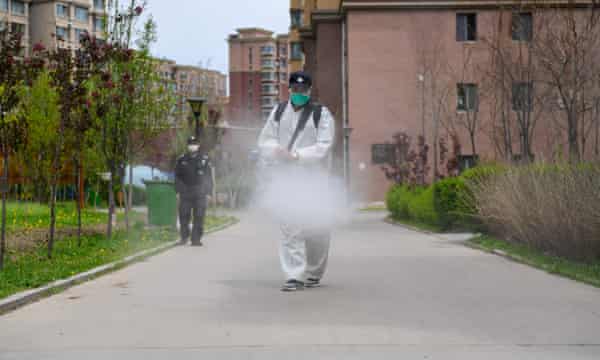Sources say the Chinese had an objection to a critical road construction project north of Pangong Tso. As the construction continued on the Indian side, it resulted in a face-off.
It was a road construction by India that triggered the recent face off in Ladakh leading to a violent clash between Indian and Chinese troops which left many injured on both sides earlier this month.
With a troop build-up on the Chinese side, India also enhanced its defences. The army maintained that things have calmed and there is no face off in Eastern Ladakh now.
As per sources, the Chinese had been objecting to a critical road construction project north of Pangong Tso (lake) that became a flashpoint. The contentious road was well within the Indian territory and far from the Chinese claim, the sources added.
The construction, however, has been halted following violent clashes as tension continues to simmer in the region.
“The Indian stand was that just like the Chinese have built a road in the area under their control we can do it on our side,” said a government source.
Another official privy to the developments said the Chinese had been exerting pressure to stop work on the road for some time but as the construction continued, it resulted in a face off.
With the recent skirmish being a result of infrastructure building by India close to the Line of Actual Control (LAC), the focus could shift to several other road works in areas. These constrictions could become potential flashpoints as India has been enhancing infrastructure in remote areas.
The row
A recent road construction by India close to the India-Nepal-China trijunction has already tuned into a diplomatic row.
Indian Army Chief Gen MM Naravane hinted at China’s role in pushing Nepal to protest against India’s road construction at the Leipulekh pass at 17,000 feet.
“There is a reason to believe that they must have raised these problems, these issues at the behest of someone else. That is very much a possibility,” the army chief said on Friday.
Though Gen Naravane did not name China, it was a hint that Beijing was egging on Nepal to protest.
Troop build-up by China
While the disengagement took place in eastern Ladakh after troops came to blows on May 5 and were involved in a face-off till the morning of May 6, things remain tense in the area as reports indicate a massive troop build up by China on their side not too far away from the point of the standoff.
Chinese publication Global Times reported that Chinese troops have “bolstered border control measures” in the Galwan Valley that faces the point of the face-off.
There was an enhanced deployment in the area from both sides but later there was retreat.
A close watch is being maintained in the Pangong Tso sector of eastern Ladakh now on Chinese activities.
Focus on disputed areas and new flashpoints
After the recent flare-up in north Sikkim and eastern Ladakh between Indian and Chinese troops, the focus is now on the 23 disputed and sensitive spots across the LAC that are considered vulnerable.
Other than these, there could be new flashpoints like the one in Naku La North Sikkim that is not included in the list of disputed sites.
There is an eyeball to eyeball situation in some places in Ladakh, north and east Sikkim and Arunachal Pradesh that are extremely vulnerable and could be flashpoints in the near future.
If infrastructure building by India is what irked China, there could be many flashpoints as India has been building roads and carrying out development work on its side close to the Line LAC.
“In fact many face-offs in recent times have happened because of better road connectivity. Our troops have started to reach places that were cut-off earlier. Now with good roads, it is possible to reach these places and come face to face with Chinese troops,” said an official.
Other than Pangong Tso that is extremely sensitive, the other places that are volatile in wake of the recent escalation are Trig Heights, Demchok and Chumar in Ladakh which forms western sector of the India-China frontier.
There are many other vulnerable spots in Arunachal Pradesh and Sikkim that fall in the eastern sector.
The middle sector that includes part of Himachal Pradesh and Uttarakhand has one sensitive area.
Army says descalation has taken place
While tensions remain and there are reports of a troop build up not too far away from the face-off point, the Indian Army in a statement earlier said, “Incidents of face-off and aggressive behaviour occur on LAC. Patrols disengage after local level interaction, dialogue. Temporary and short duration face-offs occur as boundary is not resolved. Troops resolve incidents mutually as per protocols.”
The army has also said there is no continuing faceoff at the Pangong Tso in eastern Ladakh and there is no build up of armed troops in the area.
Sources say local commanders from both sides are talking regularly to ensure there is no further escalation and tension can be diffused.
Prior to the recent escalations, there have been other minor face-offs in different sectors but the matters were resolved.
Officials say as the snow melts, chances of face-offs increase in the summer months as patrolling activities increases on both sides.
With inputs from India Today

